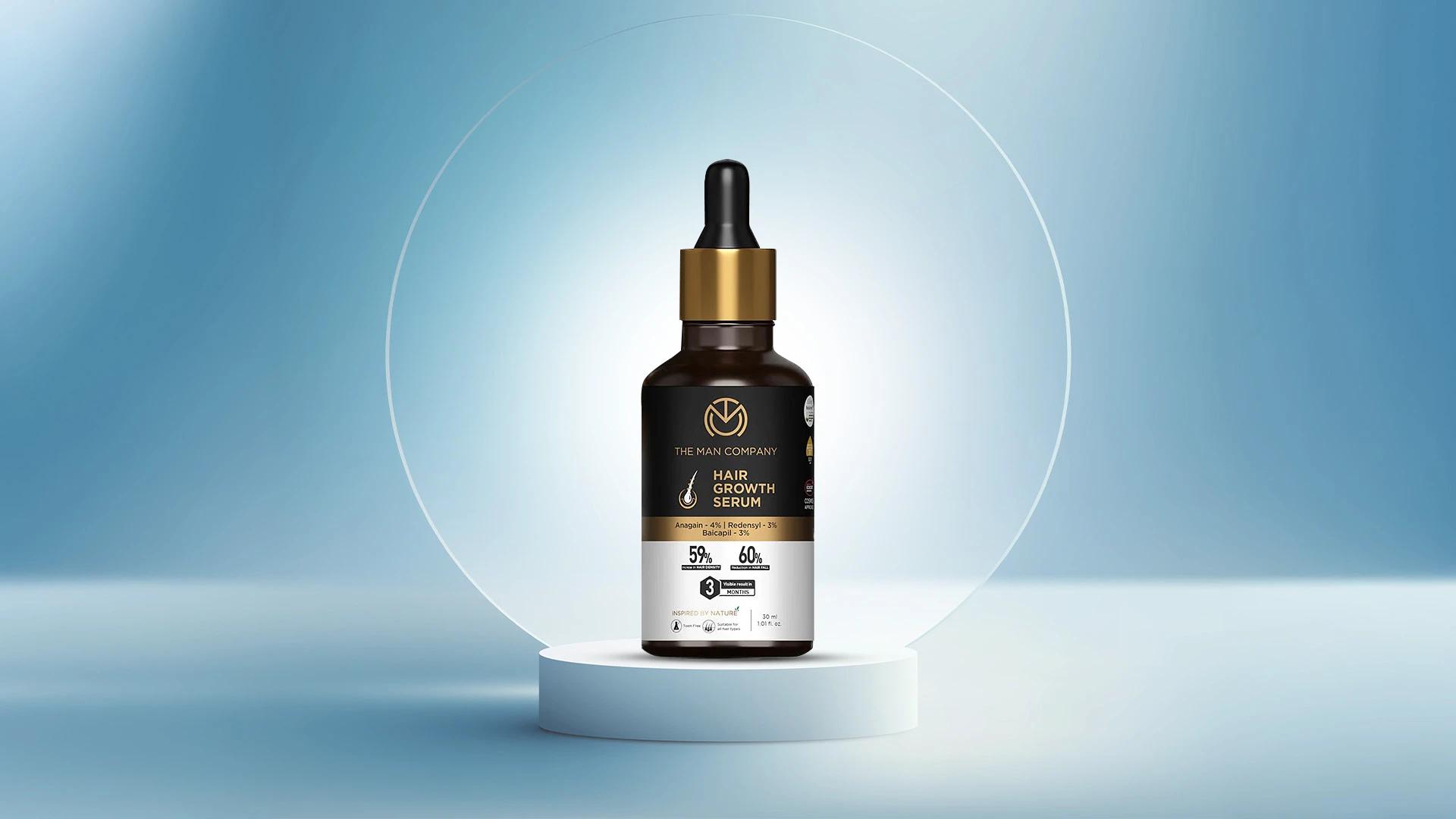Ever wondered why some people have that enviable mane whilst others struggle with thinning strands? The secret often lies in what's on their plate. The vitamins needed for hair growth play a massive role in keeping your locks looking lush and healthy. Real talk—your hair is basically a mirror reflecting your nutritional status. When you're missing key nutrients, your strands are the first to throw a tantrum. Getting the right essential nutrients for hair doesn't just mean stronger growth; it means shinier, bouncier hair that actually behaves. Let's dive into the seven vitamins that could transform your haircare game from meh to magnificent.
The Role of Vitamins in Hair Health
Your hair follicles are like tiny factories working round the clock to produce each strand. These factories need proper fuel to function, and that fuel comes from vitamins and minerals. When you're getting adequate scalp nourishment through the right nutrients, your hair follicle health improves dramatically. Think of it as giving your hair the VIP treatment from the inside out.
Vitamins don't just help hair grow—they determine its thickness, shine, and overall strength. Without proper nutrition, your hair can become brittle, dull, and prone to breakage.
Understanding Hair Growth Cycles
Your hair goes through three main phases: growth, transition, and rest. Vitamins influence each stage by supporting cellular division and protein synthesis. When you're lacking key nutrients, the growth phase shortens, leading to weaker, thinner hair.
Signs of Vitamin Deficiency in Hair
Spot the warning signs early:
• Excessive shedding or hair loss
• Slow growth rate
• Brittle, breaking strands
• Dull, lifeless appearance
• Thinning at the crown or temples
Vitamin B7 (Biotin): The Hair Growth Powerhouse
Biotin is basically the celebrity of hair vitamins, and for good reason. This B-vitamin helps your body process proteins, which are the building blocks of hair. Your strands are made up of keratin, a protein that relies heavily on biotin for production. When you're getting enough biotin, you're setting the stage for stronger, faster-growing hair.
You can find biotin in eggs, nuts, seeds, and leafy greens. The recommended daily intake is about 30 micrograms for adults, though many people take higher doses through supplements.
Biotin Supplements: Do They Really Work?
Biotin supplements can be effective, especially if you're deficient. However, most people get enough biotin from their diet. Taking mega-doses won't necessarily speed up growth if you're already getting adequate amounts. Some people report thicker, stronger hair after a few months of consistent use.

